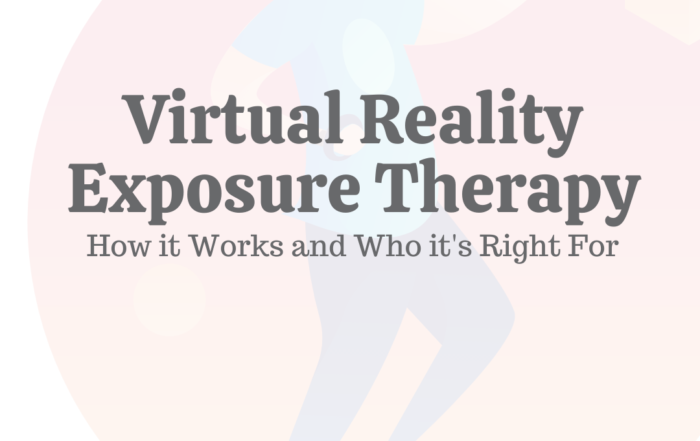As a clinician in her own virtual private psychotherapy practice, Prescilla is able to impact the lives of individuals across the globe. She has a wealth of experience spanning over the course of nearly a decade in conducting individual and group psychotherapy, treatment planning, bio-psychosocial assessment, mental health consultation, crisis intervention and conducting peer reviewed research to inform her clinical practice. Prescilla truly believes in treating the whole person and as a result, she works from a strengths based/person centered approach where she draws on an individual’s strengths to improve their overall well-being, while simultaneously empowering and motivating them during the collaborative therapeutic process to live their best life.
Prescilla is a holistic clinician who works to transform the mind, body and spirit of her clients by getting to the core of their presenting concerns. She integrates evidenced based practices such as cognitive behavioral therapies, psycho-dynamic approaches and creative arts therapies such as dance/movement therapy and trauma informed yoga. Prescilla alsoincorporates mindfulness and mind-body based interventions to promote healing and build resilience. Her training in a wide range of interventions allows her to develop individually tailored approaches for each unique individual that she works with. As a clinician, she strives to improve the social, emotional, psychological and behavioral functioning in as many lives as she possibly can, and is very passionate about working with and building a strong therapeutic alliance with each client.
Prescilla is also a Behavioral Health Officer in the United States Army and helps to maintain the behavioral health readiness and wellness of troops through clinical counseling, crisis intervention, disaster relief, critical event debriefing, teaching, training, supervision, research, consultation and policy development. Prescilla is also credentialed as a Sexual Harassment/Assault Response Prevention Victim Advocate(SHARP VA) a role in which she facilitates mandatory sexual assault training for Soldiers across the nation and serves as a first responder for reports of sexual harassment and assault occurrences. She is committed to helping to eradicate sexual assault, a silent pandemic. Her clinical expertise affords her with the opportunity to use trauma informed approaches to advocate for and guide survivors of sexual violence to appropriate medical, legal, mental health and other available services in a sensitive manner.
Due to Prescilla’s desire to continuously nurture and expand upon her therapeutic repertoire, she enjoys honing in on opportunities that can foster her need for research and academic growth, clinical competence, quality teaching and community service. She is a published researcher with nearly 10 publications in journals such as Psi Chi Journal of Psychological Research, The Encyclopedia of Animal Cognition and Behavior and The Caribbean Journal of Psychology. She has presented research at conferences such as the Long Island Psychology Conference, International Society for Traumatic Stress Studies and the Society of Psychophysiological Research. Prescilla uses the latest, most up to date evidenced based research to inform the way in which she practices psychotherapy.
Prescilla is currently pursuing her doctorate in psychology with a concentration in clinical interventions at Fordham University. She is also being being trained in the speciality of neuropsychological testing and evaluation at Montefiore Medical Center’s Department of Neurology, in the Division of Neuropsychology. Her current research focus explores the role of social support in fostering resilience among individuals exposed to complex trauma who also receive movement and mindfulness based interventions such as dance movement therapy (DMT) and trauma informed yoga (TIY) treatment approaches.
Prescilla is exceedingly passionate about the work she does and strives to help individuals to recognize their full potential, as well as to lead happier, healthier and more fulfilling lives.
Professional Affiliations:
National Association of Social Workers (NASW)
American Psychological Association (APA)
National Association of Neuropsychology
American Academy of Clinical Neuropsychology (AACN)
Psi Chi International Honor Society in Psychology (Psi Chi)
Association for Psychological Science (APS)
International Society for Traumatic Stress Studies (ISTSS)
National Center for Crisis Management (NCCM)
American Academy of Experts in Traumatic Stress (AAETS)
Education:
Columbia University School of Social Work – Master of Science in Social Work, with a concentration in advanced clinical practice






